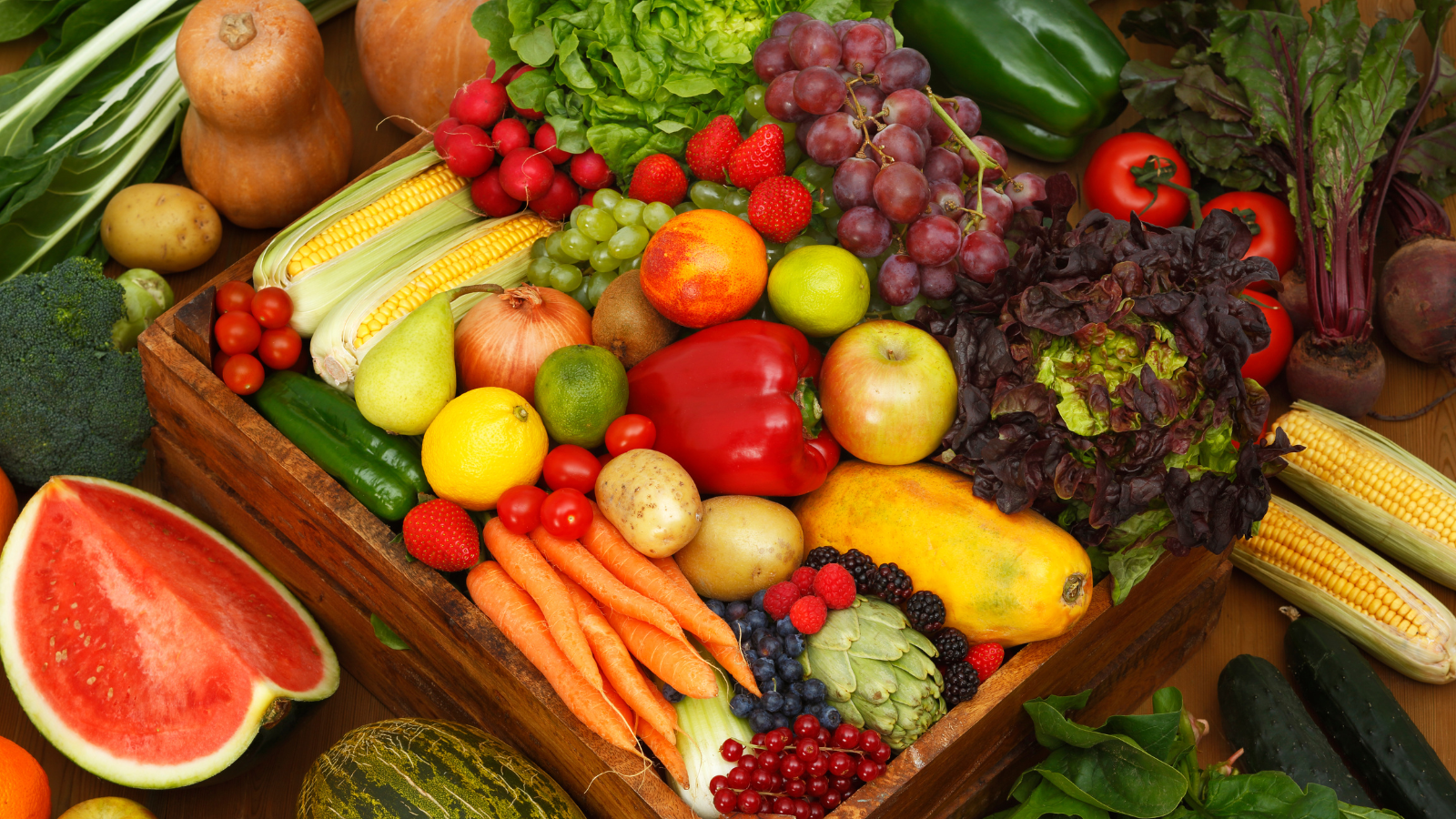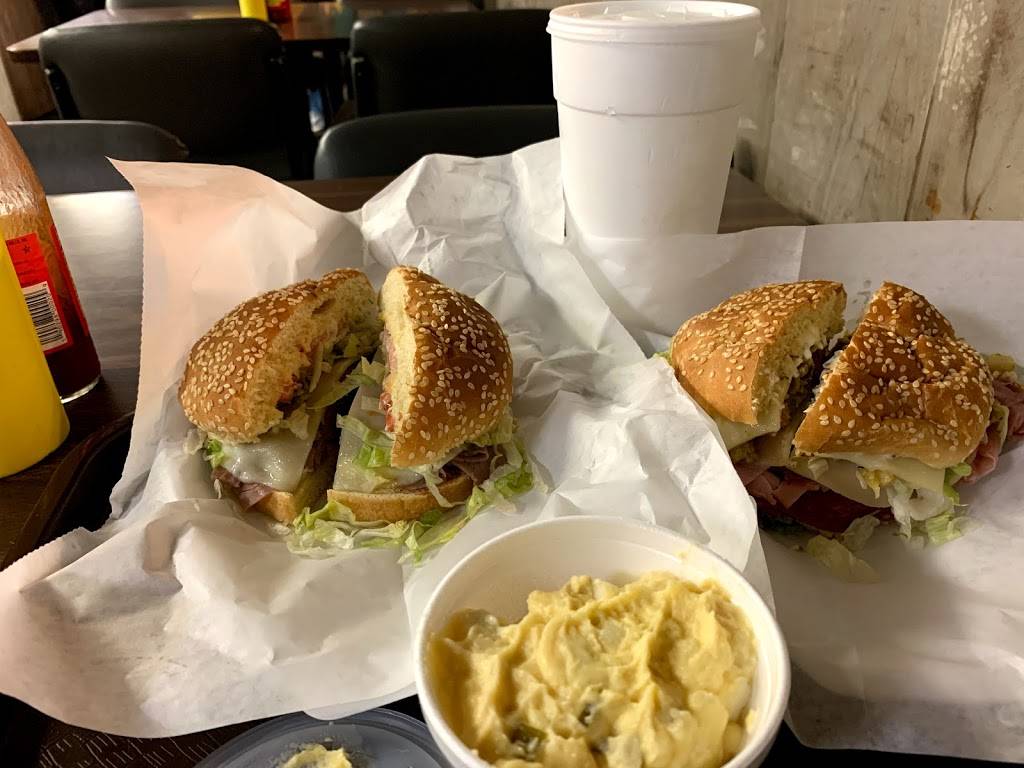
Investing in what you eat now may save you in the cost of health care down the road.
Nearly half of the ailments the Center for Disease Control labels as top causes of death in Mississippi are diet related. Certain heart diseases, cancers, stroke, diabetes and kidney diseases are all impacted by the nutrition of the person suffering from these illnesses. Obesity has been noted to be related to many dangerous diseases, and severe obesity is linked to increased rates of coronary artery disease and end-stage renal failure.
A History of Illness
Mississippi has remained in the top five of the most obese states for years now, though more states are seeing increased numbers of obesity post-COVID. There’s more to obesity than what you eat, but food, activity, and sleep habits are still considered the leading causes of obesity.
With these statistics in mind, it almost seems ironic that the Magnolia State hosts a top spot in obesity categories when healthy foods such as corn, eggs, sweet potatoes, milk and wheat are drivers in the state’s $9.7 billion dollar agriculture industry.
Suellen Gunn, Natural Health Practitioner at WellnessByDesign in Lincoln and Rankin Counties, aims to change the idea that overall health is to be left in the hands of a complicated medical system.

Gunn has been in the medical industry since 1994, serving as a nurse in clinical work, home health, and assisted living facilities until her own health journey redirected her course.
“I was sick, and getting sicker,” said Gunn. “But I was doing everything right, going to all the specialists and taking all the medicines.”
Lack of Nutrition Education
Distrust in the mainstream medical system has grown in recent years, especially as people have sought help for autoimmune and other illnesses but have not seen improvements.
Gunn shared the same struggle, and it was not until she saw a nutritional practitioner that she realized how much more there was to learn about nutrition and how it plays such a key part in managing your own health.
“Then I started seeking opportunities to help other people,” said Gunn.
Her own health journey had inspired her to become a natural health practitioner. She attended Ulan Nutritional Systems in Clearwater, Florida.
Gunn added that even though the traditional medical treatments were not really making her better, she still had respect for the medical community that she was a part of as a patient and nurse.
“All those years being in that world helped me to appreciate that world,” Gunn said. “I was thankful for it and I still (am).”
Speaking as a health practitioner, Gunn said the lack of education regarding the importance of nutrition showed her that the health system was not able to truly heal people.
“We were just managing diseases,” said Gunn. “We were just managing medications. Nobody was actually getting well or getting past those things.”
Getting that vital nutritional education and passing that education on to her patients is what Gunn said makes the most difference in managing one’s health.
God-made Food Means Health for the Individual
“What we’re doing is actually what has been done since the beginning, since creation,” said Gunn. “God gave us everything we needed when He created the earth.”
Though “God-made food” is what Gunn credits as a building block for optimal health, she acknowledged that not everything works for everyone. She helps her patients with diet plans but added that the focus is not just on what you should and should not eat.
“We’re helping people make the switch from processed foods to more whole foods, those God-made foods,” said Gunn.
Even still, just giving up processed food does not solve every problem. There are still food sensitivities to consider. Typically, one may subject themselves to the process of an elimination diet or cutting out certain categories of food (like dairy) and slowly adding them back in while noting the differences in the body.
WellnessByDesign offers nutritional response testing, a non-invasive examination of how the body responds to stimuli in order to pinpoint areas of inflammation in the body. Gunn is able to determine what sensitivities may be present based on that inflammation.
“If there’s something that you’re sensitive to, your body will respond in a negative way during the testing,” said Gunn. “But it’s not painful at all. I even see and do this on babies and kids.”
The results come quickly once processed foods and the foods that you are sensitive to are cut out of the diet.
“You’ll be surprised when you’re on all God-made foods,” said Gunn.
Food sensitivities, or food intolerances, are defined by The Cleveland Clinic as one that affects the digestive system and brings on symptoms within hours of eating the food, or an abundance of the trigger food. Smaller amounts of the food may not even cause issues at all.
The Cleveland Clinic added that some foods can also cause inflammation because the body recognizes them as a foreign substance. These are:
- Added sugars – most nutritional labels have a line for added sugars.
- Trans fats – fats that are hydrogenated, often found in baked goods. Shortening is a trans-fat.
- Red and processed meats – bacon, hotdogs, jerkies, pepperonis, etc.
- Omega 6’s – canola oil, mayonnaise, sunflower oil, safflower oil, peanut oil, etc.
- Refined carbs – white foods like white rice, white bread, pasta, crackers, fries, etc.
While these foods are common to cause inflammation, one with food sensitivities may also see symptoms of inflammation in the body.
“Inflammation, simply put, is confusion in the body,” said Gunn. “The body sees some processed foods and gets inflamed, like saying ‘what is this?’ But God-made or whole food is like medicine.”
Healthier Food Options Needed, but at What Cost
Often, when one considers what they need for a healthier diet, the next thing that crosses their mind is the cost of the groceries.
“It doesn’t have to be expensive,” said Gunn. “But you only have one body.”
Buying frozen produce instead of fresh when applicable, eating what is in season, and utilizing sales may bring down the grocery costs, but Gunn urged that what you eat should be looked at as an investment.
“In that case, it’s not cheaper or more expensive; it’s just a matter of perspective,” said Gunn. “And what may be more expensive now may save you in the cost of health care down the road.”
Whole food supplements are also available in the case of those with medical issues or who cannot seem to get everything they need from food.
“But the goal is that you don’t need that,” said Gunn. “Ultimately, the goal is you won’t need me either. We want to see you well, not just managing.”
As always, consult with a doctor before making drastic diet changes.











